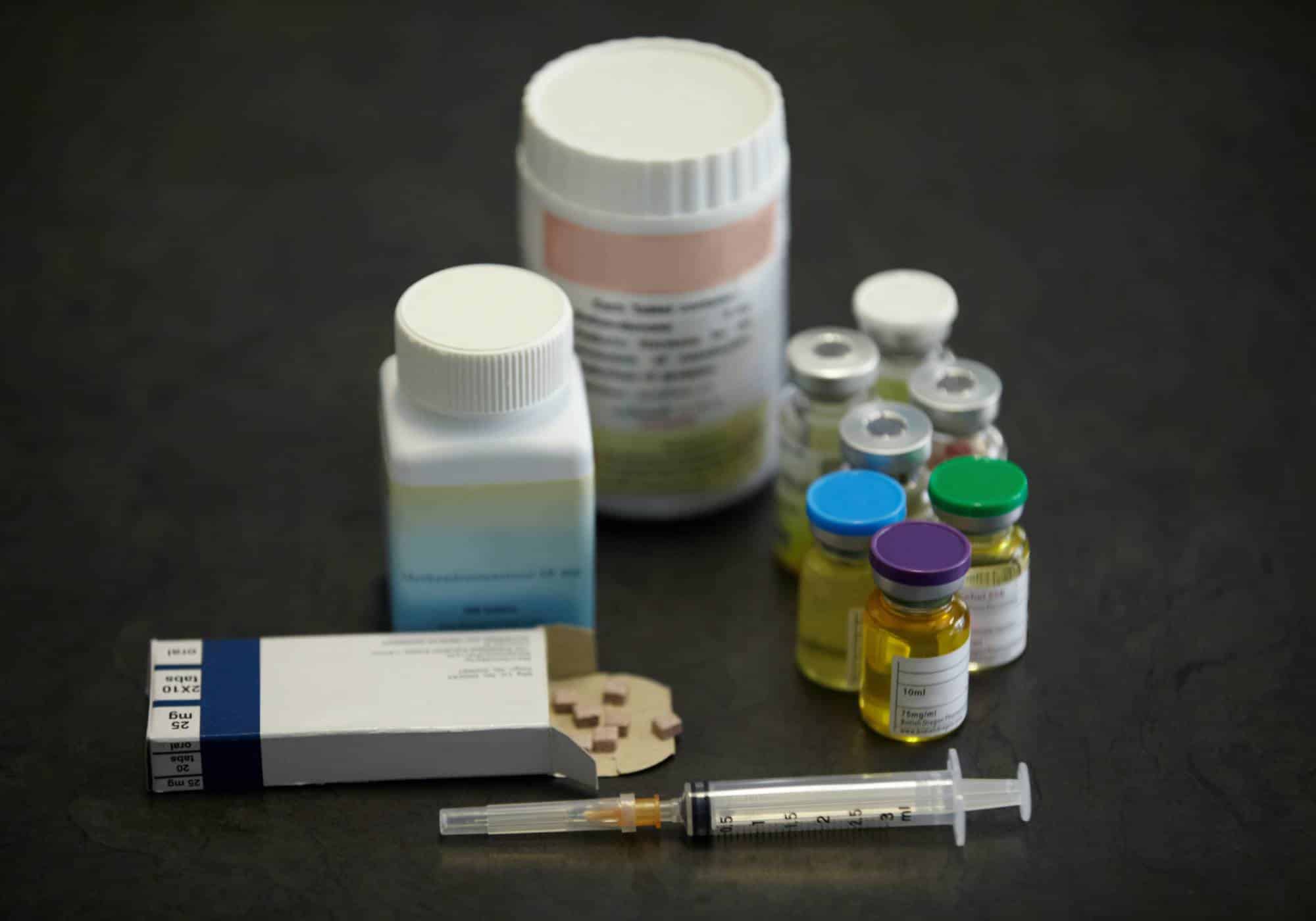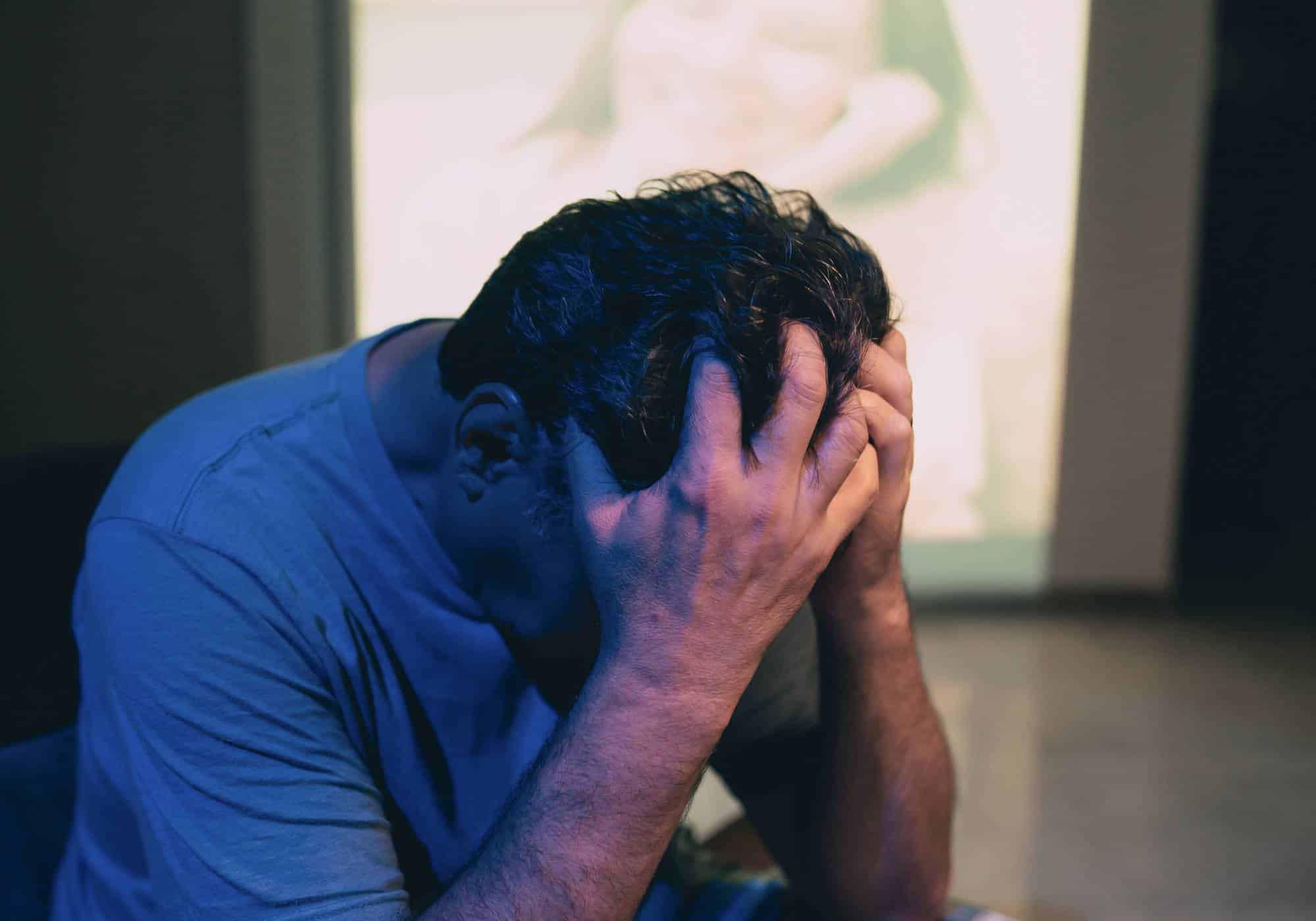Views on marijuana use vary widely, from its social acceptability to potential medical benefits. Yet, long-term use can lead to marijuana use disorder, especially for those who start young. In 2022, around 6.7% of Americans aged 12 or older had a marijuana use disorder. Quitting after regular use can lead to withdrawal symptoms, known as cannabis withdrawal syndrome, making cessation challenging. However, with appropriate treatment, recovery from marijuana addiction is achievable. This guide will discuss marijuana withdrawal, its symptoms, duration, and how treatment can aid in stopping use.
What is Marijuana Withdrawal?
Marijuana withdrawal refers to the discomfort that may occur when a person who regularly uses marijuana, often referred to by names like cannabis, pot, weed, or Mary Jane, decides to cut back or quit altogether. This phenomenon, known as cannabis withdrawal syndrome, is particularly common among those who use the drug frequently—daily or multiple times a week. A significant study, involving over 23,000 regular marijuana users, revealed that nearly half experienced withdrawal symptoms upon cessation.
Although the symptoms of cannabis withdrawal are not typically life-threatening, they can be uncomfortable enough to discourage continued abstinence, potentially leading to a relapse. This is because returning to marijuana use can quickly alleviate these withdrawal symptoms.
Marijuana Withdrawal Symptoms
Marijuana withdrawal, also known as marijuana withdrawal syndrome, occurs due to physical dependence on the drug following heavy usage. This dependence results from changes in the brain’s chemistry, leading to intense cravings for marijuana and adverse physical reactions when usage is decreased or ceased. Despite common misconceptions, marijuana can be addictive, particularly among younger individuals. Those who start using marijuana before 18 are significantly more likely to develop an addiction compared to adult users.
Symptoms of marijuana withdrawal can vary but often include:
- Intense cravings for marijuana
- Increased thirst and dry mouth or throat
- Heightened hunger and appetite
- Experiences of mild euphoria
- Enhanced sexual desire
- Unusual or vivid dreams
- Feelings of irritability and anger
- Restlessness and difficulty relaxing
- Symptoms of depression and anxiety
- General nervousness
These symptoms underscore the addictive potential of marijuana, especially in adolescents, highlighting the importance of understanding and recognizing the signs of withdrawal.
Why Does Marijuana Cause Withdrawal Symptoms?
Marijuana, derived from the Cannabis sativa plant, encompasses dried extracts rich in delta-9-tetrahydrocannabinol (THC) and terpenes. THC is chiefly responsible for marijuana’s mind-altering effects, whereas terpenes contribute to its distinct aroma and flavor profiles. A higher THC content amplifies the drug’s impact on the brain, intensifying its psychoactive properties.
Regular consumption of marijuana accustoms the brain and body to a consistent dose of THC. Abrupt cessation disrupts this routine, prompting the body to adapt to the absence of THC, which manifests as withdrawal symptoms. These symptoms can range from physical discomforts to psychological distress.
Physical withdrawal symptoms dissipate once the body recalibrates to function without THC, though psychological cravings may linger longer, posing challenges to cessation efforts.
Recent analyses reveal a significant increase in marijuana potency over the years, with THC levels escalating from an average of 3.8% in the 1990s to 12.2% in 2014. This surge in potency suggests that contemporary experiences of cannabis use and its withdrawal could be more pronounced than in past decades, highlighting the evolving challenges associated with marijuana consumption and cessation.
Marijuana Withdrawal Timeline
Many people who use cannabis products wonder, ” how long does marijuana withdrawal last?” The duration of marijuana withdrawal varies widely among individuals, influenced by their usage patterns, overall health, and other personal factors.
How Long Do Cannabis Withdrawal Symptoms Last?
- First 72 hours: The onset of withdrawal symptoms starts within the first few days. By the third day, symptoms often peak, manifesting as nausea, stomach pain, excessive sweating, and restlessness. The urge to relapse is strongest during this period, highlighting the importance of seeking professional help.
- Up to 10 days: Symptoms reach their peak around days four to ten. While physical symptoms may begin to lessen, psychological effects like depression can deepen as the body adjusts to the absence of THC.
- 10 to 20 days: Symptoms gradually diminish over the second week, with most individuals feeling more stable by day 20. Continued support and treatment remain crucial to recovery.
- Beyond 30 days: The body typically clears all traces of cannabis within 30 days, though this can extend to three months for heavy users. While physical symptoms may subside, psychological effects like insomnia, fatigue, anxiety, and depression can linger for weeks or months.
Understanding the timeline and symptoms of marijuana withdrawal can prepare individuals for the recovery process, emphasizing the value of patience and professional support in overcoming dependence.
Who Is Most Likely to Experience Marijuana Withdrawal?
Anyone who uses marijuana, whether for recreational enjoyment or medical reasons, can experience withdrawal if they are a heavy, long-term user. The risk of withdrawal symptoms increases with the frequency and amount of cannabis consumed over time.
Interestingly, research suggests there may be gender differences in the experience of marijuana withdrawal. A study published in Experimental and Clinical Psychopharmacology in 2015 observed that women seeking help for cannabis use disorders reported experiencing more intense and severe withdrawal symptoms compared to men. Specifically, the study noted that women scored higher on symptoms related to irritability, restlessness, increased anger, and violent outbursts, along with gastrointestinal issues such as nausea and stomach pain. This insight underscores the importance of considering gender differences in the approach to treatment and support for those looking to overcome cannabis dependency.
Coping With Marijuana Withdrawal
Navigating through the process of cannabis withdrawal can be made more manageable with the adoption of healthy lifestyle habits and coping mechanisms. Consider incorporating the following strategies to alleviate withdrawal symptoms:
- Engage in regular physical activity to reduce bodily tension and stress.
- Communicate with your friends and family, letting them know when you need support or prefer to have some alone time.
- Steer clear of environments or situations that trigger anxiety, such as noisy or crowded places.
- Adopt relaxation techniques like meditation to help calm your mind and body.
- Develop a consistent bedtime routine to improve sleep quality and avoid consuming caffeine in the evening.
Navigating the Path to Quitting Marijuana
While the journey to quit cannabis often doesn’t necessitate medical intervention, specific scenarios may warrant inpatient detoxification for optimal recovery. This includes individuals grappling with concurrent mental health conditions and marijuana use, those facing additional physical health issues, individuals diagnosed with severe cannabis use disorder, and those with a history of poly-substance misuse, including opioids, alcohol, and benzodiazepines. The complexity of withdrawal syndromes from these substances may pose serious health risks, sometimes requiring medical detox to ensure safety.
Following detox, a comprehensive treatment plan becomes crucial. Options range from residential inpatient programs to intensive outpatient programs, both offering a suite of therapeutic interventions. These programs typically encompass individual and group counseling, along with behavioral therapy sessions such as:
- Cognitive-behavioral therapy (CBT): This psychotherapy aims to improve self-control and stop substance misuse by helping individuals recognize and change distressing behaviors.
- Contingency management (CM): CM involves monitoring specific behaviors and implementing tangible rewards to encourage the desired behavioral change.
- Motivational enhancement therapy (MET): Designed to prompt rapid, self-motivated change, MET leverages an individual’s own resources for recovery and active participation in therapy.
Currently, there are no medications approved by the FDA specifically targeting marijuana use disorder or preventing relapse. However, research indicates that psychosocial and behavioral interventions can effectively manage marijuana use disorder and aid in relapse prevention.
Hope Harbor Wellness is equipped to support individuals through cannabis withdrawal and use disorder, enhancing the likelihood of sustained recovery. Our team is ready to guide you through recovery options and help you embark on your journey to wellness. Contact us at 678-672-6731 or via our online form to connect with our admissions team, who can provide detailed information and support as you begin your path to a healthier, substance-free life.
Marijuana Withdrawal Treatment at Hope Harbor Wellness
Located in the serene suburbs of Atlanta, Hope Harbor Wellness is your ally in the fight against marijuana addiction in Atlanta, GA. Our marijuana drug rehab, dedicated to holistic recovery, is ideally situated to offer you the support you need.
Our compassionate marijuana outpatient program collaborates with top-tier medical marijuana detox facilities, ensuring a safe and effective detox process. Once free from addictive substances, you can seamlessly transition into one of our specialized outpatient treatment programs at Hope Harbor Wellness, designed to address substance use disorders:
- Outpatient Rehab: A flexible program tailored to fit into your daily life.
- PHP (Partial Hospitalization Program): Offers a structured yet non-residential approach to treatment.
- IOP (Intensive Outpatient Program): Provides more intensive care while allowing you to maintain daily responsibilities.
- Dual Diagnosis Treatment Program: Caters to those with co-occurring mental health disorders.
Our marijuana treatment programs incorporate a variety of interventions:
- MAT (Medication-Assisted Treatment): Utilizes medications to ease withdrawal symptoms and cravings.
- Psychotherapy: Addresses underlying psychological aspects of addiction.
- Group Therapy: Offers peer support and shared learning experiences.
- Individual Counseling: Provides personalized guidance and support.
- Family Therapy: Helps heal and strengthen family relationships.
- Holistic Therapies: Focuses on overall well-being, including physical, emotional, and spiritual health.
- Aftercare: Ensures ongoing support post-treatment.
Embark on your journey from addiction to recovery with Hope Harbor Wellness. Trust in our dedicated team to guide you every step of the way. For more information or to start your journey, call our admissions team at 678-672-6731.












